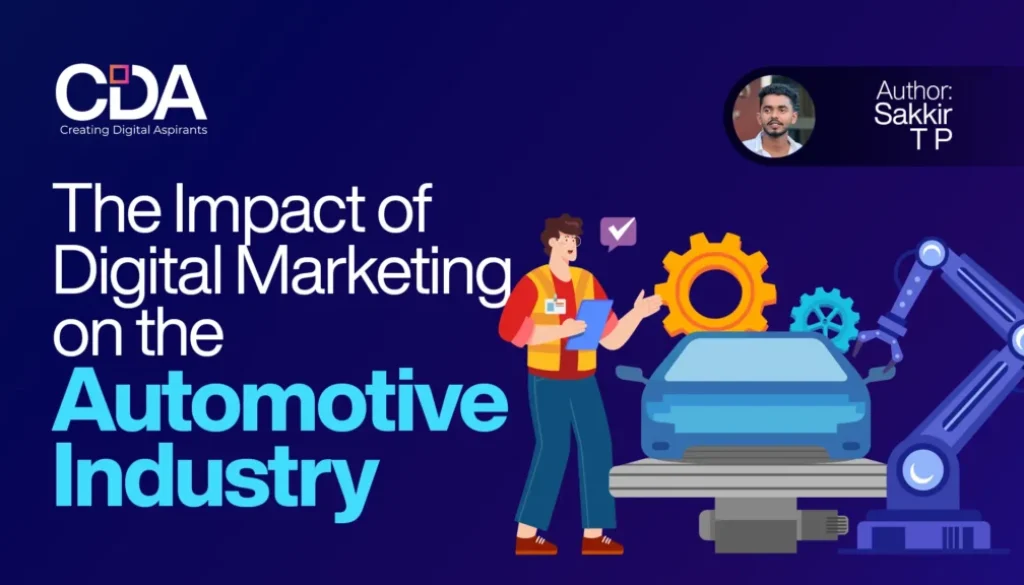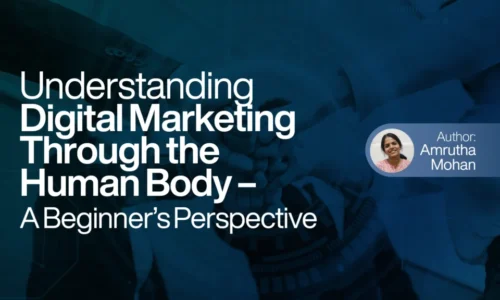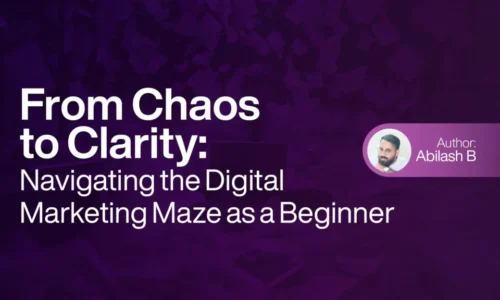The Impact of Digital Marketing on the Automotive Industry
The automotive industry like any other business has not been an exception to change. From the assembly line to new face of automobiles as electric cars and everything in between, that has been quite a journey. But there’s one revolution that’s been a real game-changer: internet marketing or more accurately, electronic marketing. Digital marketing is not just the glamorous advertisements and brilliantly curated posts on various social media platforms, it has shifted the landscape of car sales and usage of automobiles to a completely different level. Get ready to explore the highly volatile automobile market with its endless opportunities in digital marketing.
Table of Contents
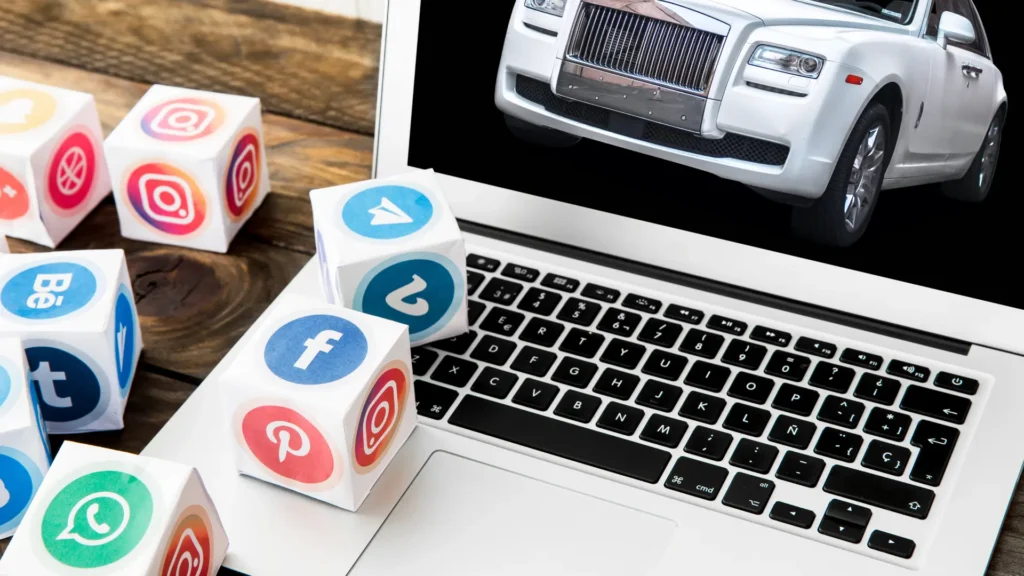
The Digital Marketing Revolution
The Shift to Online Platforms
Originally, when people decided to purchase a car, they had to spend weeks visiting different dealers and bargaining for the best price and the best car model. Today, most of that process takes place online. With digital marketing strategies, car manufacturers and dealers can get to the consumers wherever they are—on their mobile devices, laptops, and personal computers.
- Online Advertising
Gone are the days when car ads were limited to TV, radio, and print. Now, online advertising is king. Car brands can attract a certain age group, hobby, and the way of living by using platforms such as Google Ads and Facebook.
- Social Media Engagement
Social media isn’t just for selfies and cat videos; it’s a powerful tool for car brands. With sites like Instagram, Twitter, and TikTok, it offers companies the potential to interact with the client. By today, car companies utilize these platforms to advertise new models, to share content created by users and to interact with their followers. Sometimes a post on Twitter or an Instagram post simultaneously will reach millions of people within a few hours.
Data-Driven Decisions
Information has become the currency in this digital world. Apart from the preference and behavior of their customers, now car companies can extract tonnes of information about the buying pattern of the consumers. This information helps them make more informed decisions related to anything starting from marketing strategies to product development.
- Personalized Marketing
Car brands can use data analytics to identify potential clients in order to market to them effectively. Direct emails, advertisements, and messages give potential buyers information that is relevant to them, and at the right time. This does not only play a part in the satisfaction of the customers but also affects the conversion ratios in a good manner.
The Power of Content
Digital marketing strategies and advertising: Content is the real ruler of digital marketing. Examples of content are blog post and video, infographics, and podcasting as means by which car brands can tell their stories to consumers and build trust.
- Blogs and Articles
Automotive blogs and articles provide valuable information about new models, maintenance tips, and industry trends. These pieces are designed to not only get the potential buyers’ attention but also help the brand become a market leader in the industry.
- Videos and Webinars
Visual content is incredibly engaging. Car companies use videos and webinars to give virtual tours of their models, explain features, and offer driving tips. These formats are particularly effective in showcasing the design and performance of vehicles.
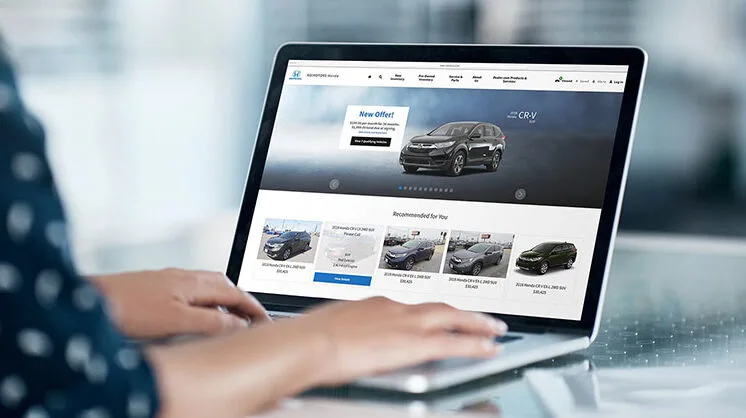
The Customer Journey
From Awareness to Purchase
The automobile industry as has been discussed in this paper has experienced enhanced efficiency and ease in the journey of the customer through digital marketing.
Let us break down the steps
- Awareness: At this phase, car manufacturers or brands come into the notice of the likely purchasers through many online ads, social media, or search engines.
- Consideration: They begin researching and comparing models, logging onto websites, reading reviews, and viewing videos.
- Decision: By now, they’ve narrowed down their choices. They can go to a dealership, arrange a test drive, or seek a price.
- Purchase: Finally, they make the purchase, often completing much of the process online.
- Post-Purchase: The journey doesn’t end with the sale. Through follow-up emails, surveys, and loyalty programs, digital marketing can help maintain customer relationships.
Omnichannel Experience
Modern car consumers want a perfect, multi-channel experience. They want to scroll through their phones, tablets, or laptops and get the same information, with smooth transitions from one medium to another. Digital marketing ensures car brands provide an omnichannel experience to make the customer journey smooth.
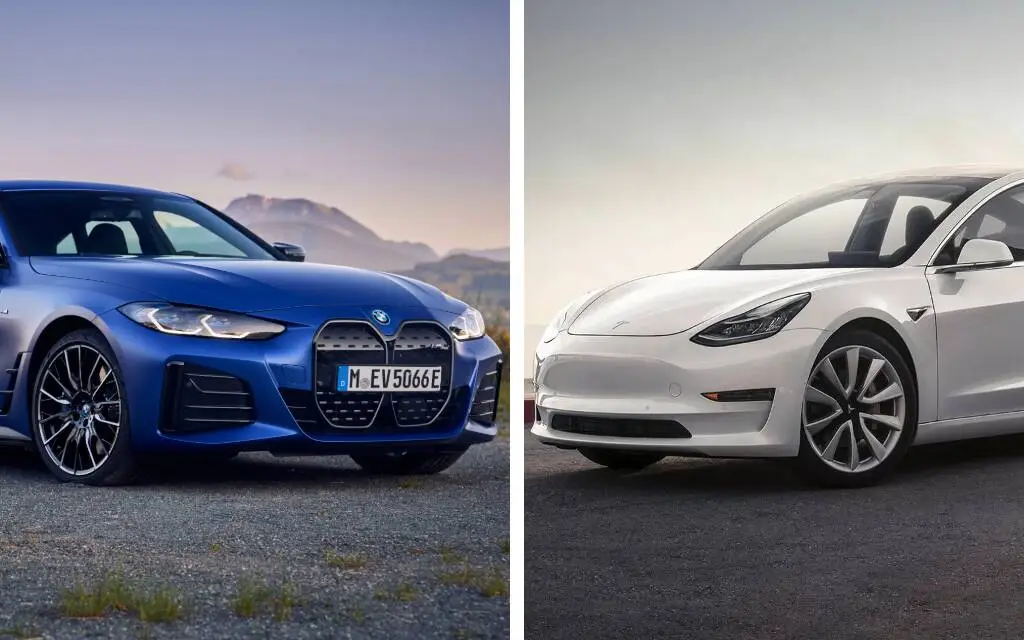
Case Studies
Tesla: Leading the Charge
Tesla is the best example of the power of digital marketing, which has transformed the car industry. Ever since the introduction of Tesla, digital marketing was the mainstay which had helped this brand in garnering the name and selling cars. Let’s explore a few of their strategies:
Social Media Intelligence: Elon Musk, the CEO of Tesla, is a social media titan. His tweets often make headlines and generate massive engagement, boosting Tesla’s visibility and reputation.
Content Marketing: Information about the cars, technology, and sustainability efforts of Tesla is full in its website and blog. Other than this, Tesla happens to turn out being a thought leader.
Online Sales: Tesla’s direct-to-consumer sales model enables customers to configure and purchase a car fully online, which is one of the largest selling points today.
BMW: Driving Engagement
BMW has also embraced digital marketing with gusto. Their strategies include:
Interactive Ads: BMW online advertisements have the ability to interact, allowing the features to be explored, models to be configured, and even a test drive to be scheduled, in real time.
Influencer Partnerships: BMW collaborates with many influencers and celebrities, expanding its reach to a wider audience. Quite often, it is this collaboration that turns out to be the content that users engage with, putting the brand’s cars into more real, everyday settings.
Virtual Showrooms: The company offers a virtual showroom, enabling customers to take 360° tours with their models, explore features, and even chat with sales representatives in real-time..
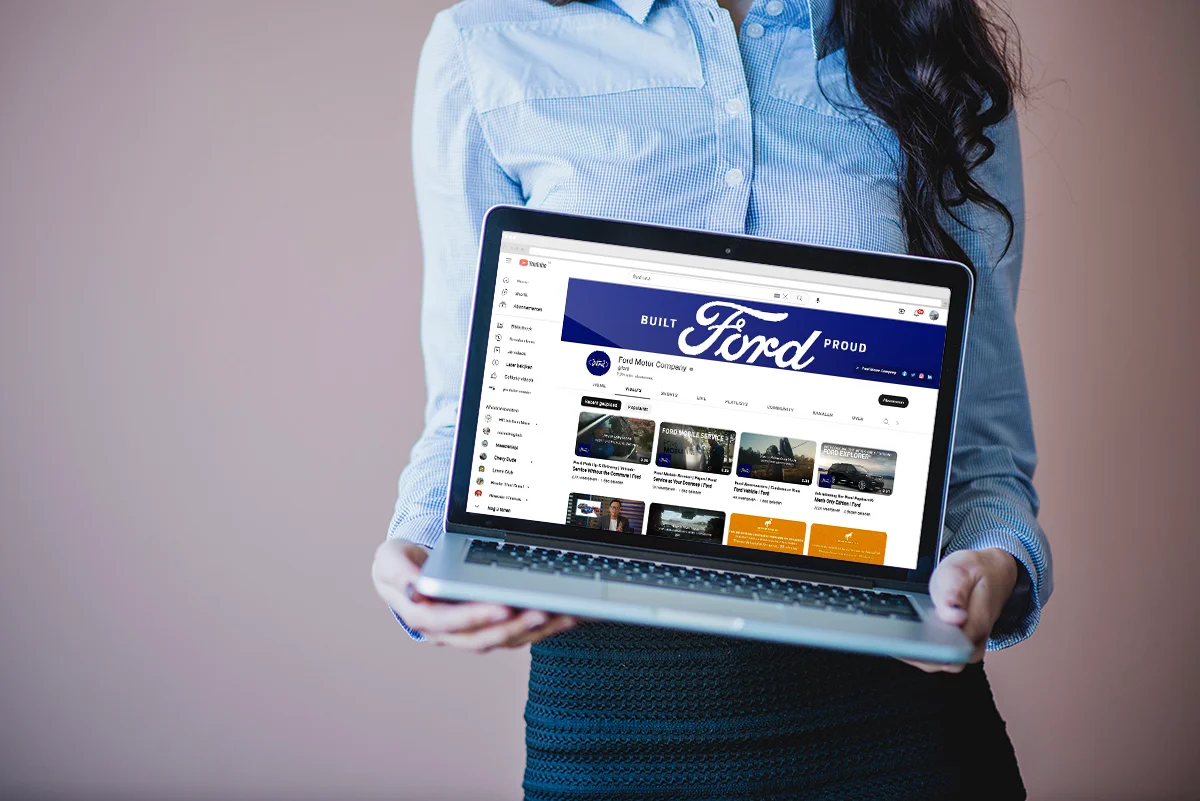
Challenges and Solutions
Navigating the Digital Landscape
Though there are several benefits associated with digital marketing, there still exist some cons. Let’s discuss a few of these challenges and how car brands can work around them:
Keeping Up with Technology
Rapid changes are occurring in the digital landscape. Any automobile manufacturer has to adapt itself to new platforms and technologies in order to stay ahead. This requires continuous research and development and even training of marketing teams.
Data Privacy Concerns
With great data comes great responsibility. The car companies should take good care of the customer data and not misuse it but take due care to protect privacy. This is all about building trust with transparency and ethical practice.
Measuring ROI
Return on investment for digital marketing efforts is very hard to measure. Car brands need powerful analytic tools and clear metrics on the success of their campaigns, probably in some form of website traffic, engagement on social media, or sales conversion.
Solutions and Best Practices
To navigate these challenges, car brands can adopt several best practices:
- Stay Agile: The digital marketing world is very fast, hence flexibility is important. Car brands should have the ability to turn in another direction anytime from data insights or another industry trend.
- Focus on Customer Experience: Every digital marketing activity should be aimed at providing a seamless and rich customer experience. This will incorporate responsive websites, engaging content, and excellent customer service.
- Leverage Partnerships: It can collaborate with influencers, tech companies, and other strategic partners to further amplify a marketing message and reach new audiences
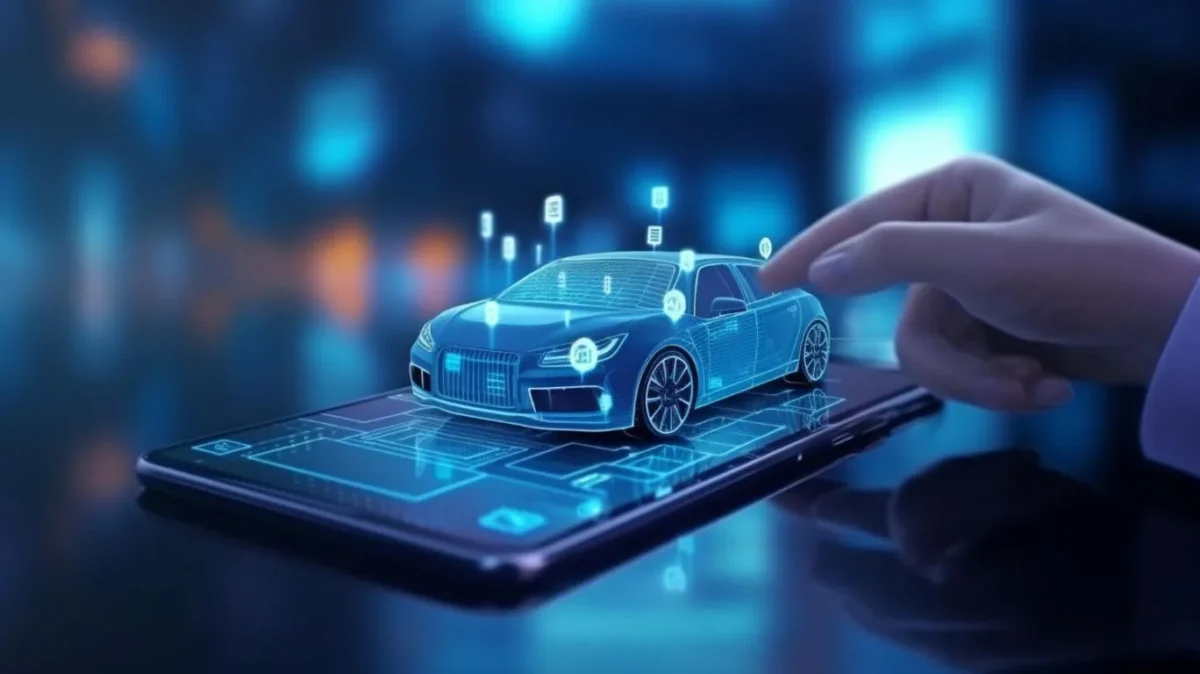
Conclusion
Digital marketing has an influence on the car industry that can’t be ignored. It helps car companies connect with customers better, boost sales, and make their brands more visible. This makes digital marketing a must-have tool for car makers. As online trends keep changing, car companies need to change and come up with new ideas to stay on top. Using digital marketing plans will help car brands do well and stay important in a market that’s always shifting.
